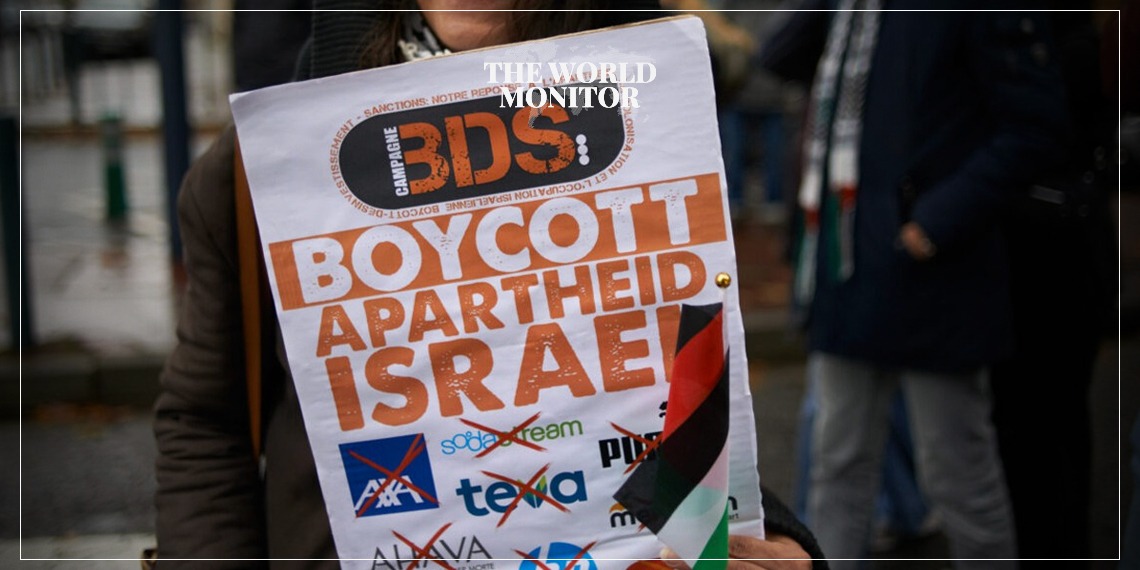The Richmond Council in the United States voted during a special meeting to stop city investments in 10 companies due to their connections with what the council describes as Israel’s ongoing “relentless assaults” in Gaza, which have resulted in over 30,000 Palestinian deaths.
This move is part of a broader, months-long advocacy effort by U.S. activists and supporters of the Gazan people, urging the U.S. government to not support Israel’s actions against Palestinians.
Richmond has been a leader in responding to these calls, being the first U.S. city to demand a ceasefire shortly after October 7 and now becoming the second city in the Bay Area to divest from companies linked to Israel. The companies affected include Airbnb, Caterpillar, Cisco, Dell, First Solar, Intel, IBM, Microsoft, Motorola, and Wix.com.
According to the council’s staff report, the technology and products from these companies have been used in Israel’s actions in Gaza, which the council views as contributing to violations of Palestinian rights and lives.
Mayor Eduardo Martinez emphasized the moral dimension of the council’s decision, stating that the divestment reflects the city’s conscience, inspired by actions, particularly by the youth.
He highlighted the extreme protests by individuals like Aaron Bushnell and another unidentified woman who self-immolated outside Atlanta’s Israeli consulate in protest of Israel’s actions in Gaza.
Previously, the council labelled Israel’s actions as ethnic cleansing and genocide in a ceasefire resolution. This stance is echoed in protest camps set up by activists at various college campuses in the area, such as Stanford University and UC Berkeley, who demand institutional divestment from these companies.
Hayward, another Bay Area city, was the first to divest from similar companies back in January. Like Hayward’s decision, Richmond’s divestment has sparked controversy.
While many supported the decision, calling Richmond the “moral compass of the Bay Area,” others criticized the timing of the council meeting, which coincided with the last day of Passover, a significant Jewish holiday.
Critics, including Jonathan Mintzer from the Jewish Community Relations Council, condemned the timing as insensitive.
However, Dov Baum, a Jewish Israeli and director at the American Friends Service Committee, supported the divestment, arguing that it aligns with ethical standards and justice for all involved.






